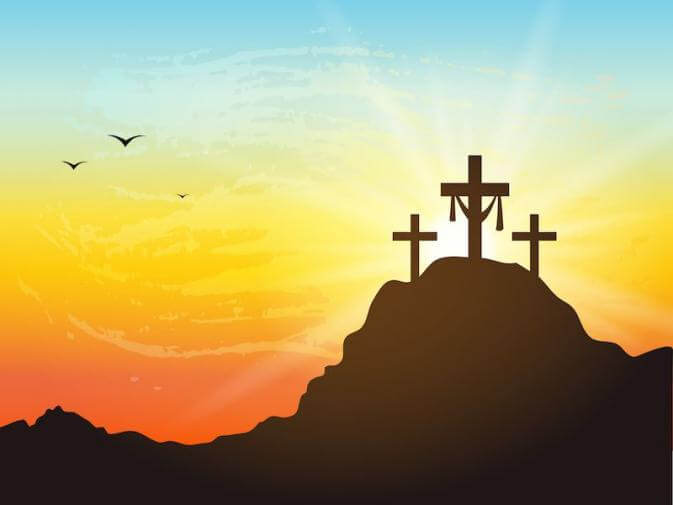‘Calvary’ and ‘Cavalry’
It’s common to see people confuse the spellings of “cavalry” and “Calvary,” and to mispronounce them too. Here’s a memory trick and some examples.
Mignon Fogarty

Last week, I mentioned that the definition of the word “troop” often includes something about it being a unit of cavalry, and I had to re-record that part quite a few times because I kept mispronouncing it as “Calvary.”
The word for troops who ride horses is “cavalry.” You can trace its origin back to the Latin word “caballārius,” which meant “horseman” and is also one origin of the word “chivalry.”
“Calvary is the name of a holy site in Christianity. It’s the name of the hill where Jesus is believed to have been crucified.
Big difference!
About the only way I can seem to get myself to pronounce “cavalry” right is to think of the word “cavalier” first, and sort of set my brain on the “cava” part. Although today, we’re most likely to use “cavalier” as an adjective to describe someone who is haughty or disdainful, it was used earlier as a noun to describe a horseman, especially one who was a soldier. A man in the cavalry was called a cavalier, much the same way that someone who works in finance is called a financier and someone who climbs mountains can be called a mountaineer.
So if you have trouble remembering the difference too, think of the sentence “The cavalry was cavalier,” and that should help you get it right.
Examples of ‘Cavalry’ and ‘Calvary’
A horse must be a bit mad to be a good cavalry mount, and its rider must be completely so. ― Steven Pressfield, The Virtues of War: A Novel of Alexander the Great
One more day! Another day, another destiny. This never-ending road to Calvary. ― The song “One More Day” from “Les Misérables”
Image courtesy of Shutterstock.

